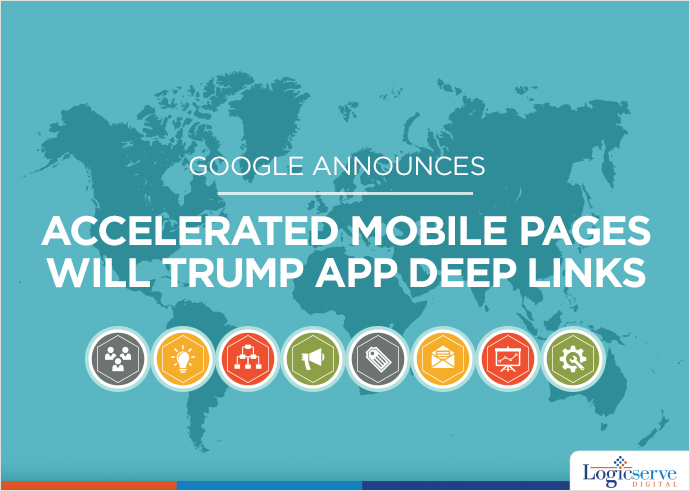Speaking at SMX East, held recently in New York, the head of Global Product Partnership at Google, Adam Greenberg revealed that AMP pages will “override app deep link”. For example, if you are a publisher whose website has AMP (Accelerated Mobile Pages) URLs activated and if you have a mobile app with Google App Indexing, users who download your app will be able to view the AMP URL instead of the deep link to the content contained in your app.
Google’s Senior Webmaster Trends Analyst John Muller too confirmed this statement by tweeting—
@glenngabe @rustybrick Yes, at the moment if an AMP exists for a given URL then we will send the user to that AMP not the deep link.
— John Mueller (@JohnMu) September 21, 2016
Recently, Google was in the news for carrying AMP to the core mobile search results. However, the tech giant was quick enough to make notable changes to its project soon after the rollout. As per the changelog, AMP will override app deep links.
Google has taken several initiatives over the years to promote App Indexing by encouraging app developers to incorporate deep links to their apps along with App Indexing. But presently, if you have deployed both AMP and App Indexing to your website, Google search results will prefer to show the AMP pages above the deep link to your app pages.
What Made Google Update Its Changelog Soon After the Rollout?
Reiterating on the immediate and quick update, Google said that they have taken this decision because AMP helps them deliver their services in a better way because of its reliability and speed, besides helping Google enhance the user experience. The tech giant further said that Accelerated Mobile Page uses ten times less data compared to a non-Accelerated Mobile Page. Moreover, AMP utilises smart caching to ensure content and advertorials are displayed flawlessly.
LogicSpeak:
As mentioned above, Google believes people like AMP pages as they load pretty fast and consume 10x less data compared to non AMP pages. To provide a faster experience, Google is planning to show your AMP pages over the deep link to the page. In simple terms, if your user has downloaded your app and you have the deep linking in place; at the same time if you have created AMP pages, Google will serve the AMP pages above the deep link to your app pages. This can reduce traffic to your app pages.





